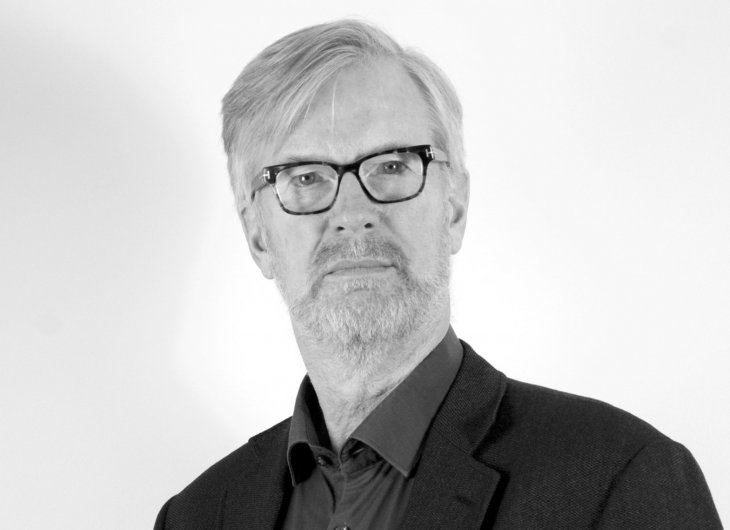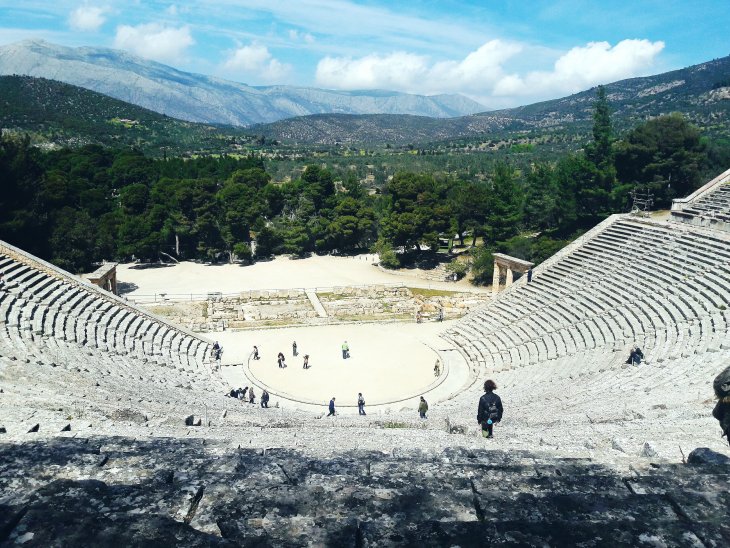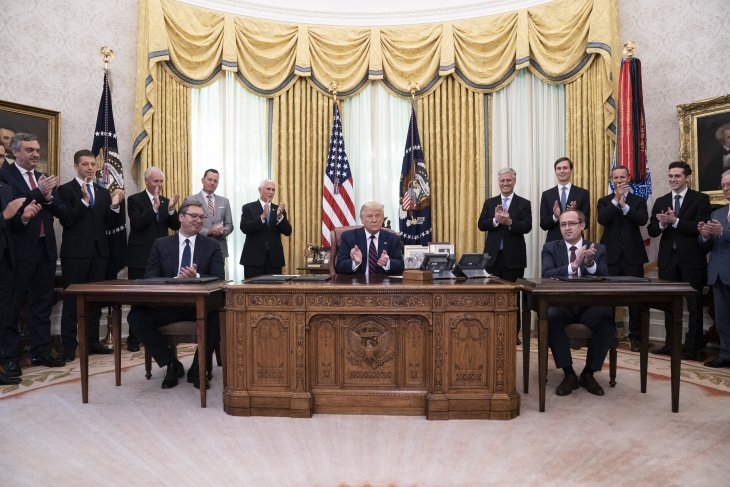
Dan Smith. Photo: SIPRI
Dan Smith, interviewed by Stein Tønnesson
What I want, if you look at me and my career, is on the one hand, a lot of activism, and on the other, a lot of research. The activism I have engaged in was sometimes in a movement, like the British Campaign for Nuclear Disarmament (CND), but mostly about trying to move things in policy terms. If you look at the Peace Research Institute Oslo (PRIO), I went to a research institute and I brought it a little bit more into engagement and into policy work. Then I went to International Alert, which was a hands-on engagement organisation and I strengthened up its research and analytical side. So, you know, I’ve kind of always tried to unite the two halves of my personality, research and policymaking, in whichever institution I’m working for.
Stein Tønnesson: And now you are director of the Stockholm International Peace Research Institute (SIPRI). Can you unite the two halves there?
Dan Smith: I feel that SIPRI, where I arrived in 2015, is where I have really arrived. For me, this is the job! I mean, I’m not at all criticising either of the other institutions I have led. I’m very proud of both PRIO and International Alert, and I’m proud of what I managed to achieve between 1993 and 2001 at PRIO and from 2003 to 2015 at International Alert. But honestly, it is here at SIPRI that I feel I have the most comfortable seat, the one that is most shaped to the weird contours of my particular intellectual formation, where I can do some of the things that are closest to my heart. Yeah, I’m very happy.Read More









